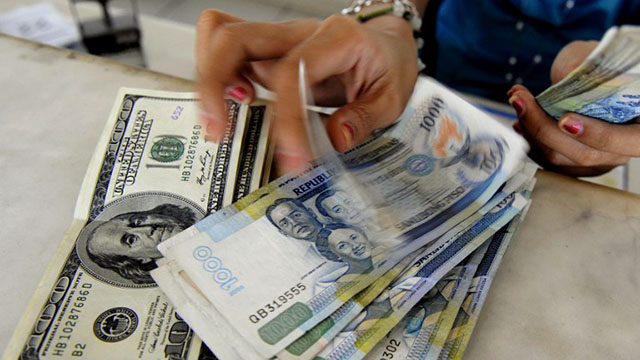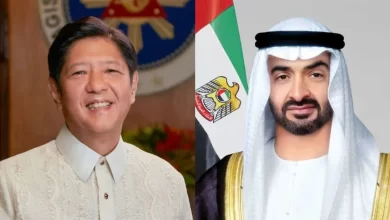Dubai: Filipino workers in the UAE have contributed to the strong money outflow from the country as the Philippine peso has been fluctuating between 12.7 and 12.8 per dirham.
During the first six months of the year, fund transfers from the UAE posted an increase of as much as 15 percent when compared to the same period in 2015 on the back of strengthening US dollar, reported Gulf News.
Remittances from the UAE, estimated to reach around $30 billion annually, will likely continue rising over the rest of the year, as expatriates are expected to send more cash to their families and friends back home during special occasions such as Christmas.
“Owing to the (Indian) rupee depreciation earlier in the year and Ramadan gone by, the remittances from UAE to South Asia and other Asian countries have fared well as compared to the previous year,” Sudhesh Giriyan, COO of Xpress Money, reportedly told Gulf News.
The US dollar has enjoyed a good run compared to its peers, with some currencies, including the Indian rupee and Philippine peso breaching new lows against the greenback early this year, said the news portal.
With the UAE dirham pegged to the dollar, expatriates get to send more money out of their fixed monthly income when the greenback goes up.
“The oil price slump and volatility of global currencies did impact remittances in certain regions like Central Asia and Europe. But remittances from the GCC [have been] steady. This is due to the pegging of most of the currencies in the GCC to the US dollar,” Sudhir Kumar Shetty, vice chairman of the Foreign Exchange and Remittance Group (FERG) in the UAE, reportedly said.
He said cash outflows from the UAE were estimated to be at $30 billion in 2015, buoyed primarily by a strong US dollar and continued growth in expatriate population.
“[The strong US dollar] helped the expatriates here, who are mostly from the South Asian countries, to take advantage of the weakening of their respective currencies and sending more money home,” Shetty added.
Shetty pointed out that the GCC countries are no longer completely dependent on oil revenues, with many of them diversifying into various sectors. Besides, the UAE economy remains resilient, thanks to a strong local governance.
“The new initiatives like Expo 2020, FIFA World Cup, Dubai Canal and many more of them reflect the stability and promise [of the region]. These projects opened up new job opportunities and more expatriates are migrating to the GCC in search of job prospects,” he was quoted as saying by Gulf News.
“Large projects across the UAE are attracting migrants from the developing nations, leading to further increase in remittances. With the economy steadily gaining strength and taking the growth pattern, we are cautious yet optimistic about 2016,” Shetty added.
As of 2015, the UAE was ranked as the fourth top remittance-sending country in the world. The total outflows last year represented 4.8 per cent of the UAE’s gross domestic project (GDP). The country is also considered the top migrant destination, along with United States, Saudi Arabia, Germany, Russia, United Kingdom, France, Canada, Spain and Australia, the news portal reported.




